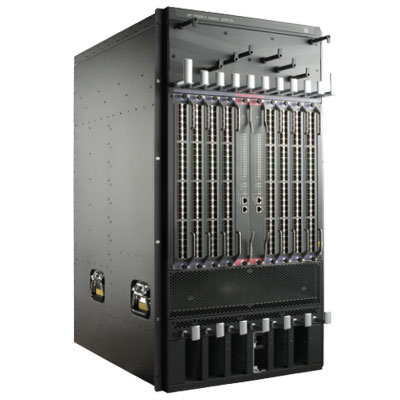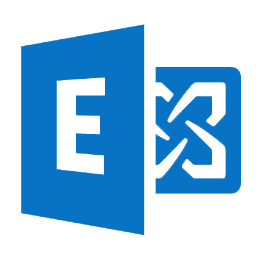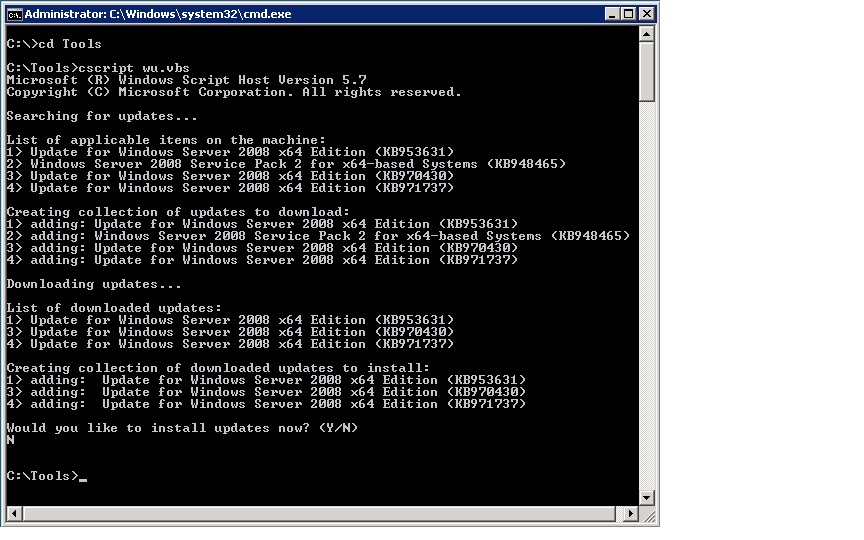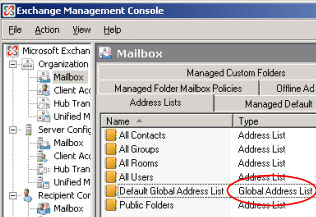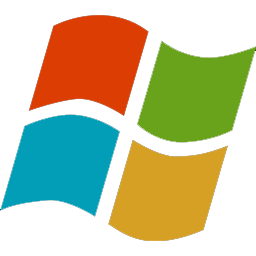
Buying a New Laptop
One of the questions I see asked most on forums is what laptop should I buy. Heres little guide to buying a new laptop.
Getting started
Before starting to even look at laptops and their components a good practice is to write down a list of all the things you need a laptop to be able to do performance wise. What this ultimately ensures is that you buy a
laptop that has all the hardware you need first time. This is of particular importance with laptops as upgrading them is more difficult, and generally more costly, than upgrading a desktop computer. The best way to create this list is to make two sections; a needs section and a wants section. The needs section includes what you absolutely must have from a laptop, what it must be able to do. The wants are things that you would like, but can do without.
Central Processing Unit (CPU)
The first hardware component to examine is the processor, as this is akin to the brain of the computer. Most current laptops make use of dual core technology, which basically means that there are two processors running simultaneously and delivering a total performance of slightly under double. For instance, when it is written that a laptop has an Intel Pentium Dual Core 1.3 GHz the total speed of that processor is actually very slightly less than 2.6 GHz, with each ‘core’ being 1.3 GHz. A good average to head for as of the current time is each core having at least 2 GHz, which should run some heavy applications fairly well as well as handling current operating systems with ease. If you use your laptop for light activities such as word processing, web browsing and such, the processor speed is not as important. This also applies to laptops with the smaller form factors.
Techieshelp reccomends these Laptops
Random Access Memory (RAM) (memory)
The second hardware component of importance is the RAM, or random access memory. If the processor is the brain of the computer, then the ram is in essence the short-term memory. Faster memory, or simply more memory,
will increase the general performance of the system relatively significantly. Furthermore, it is often the cheapest way to improve a computers performance. With current operating systems the minimum amount of RAM you would want a new system to have is 2 GB (Gigabytes). For heavy applications such as games, video processing and graphics processing, 3 GB is probably a comfortable minimum to go for. One matter of importance when choosing RAM is that going over 3 GB will probably require a 64 bit operating system version.
GPU – Graphics Card
The third component that is particularly important is the Video Card. The video card basically deals with rendering and 3D images, so is of particular importance with games and engineering software. One of the ways that laptops are made portable and cheaper is by essentially skimping on the video card and going with an onboard option. If the laptop lists is video card as ‘integrated’ it is probably an on board version, which is fine for light use but not for gaming or video processing. If the laptop lists its video card as either Nvidea GeForce or ATi Radeon, and then lists details about it how much memory it has, for instance 512MB GeForce, then it is probably not on board as onboard cards use the systems general memory.
Hard Drive HDD
If RAM is the short term memory, then the hard drive is basically the long term memory. When you install a program on a computer, download a file or save a word document, it is stored on the hard drive. As such, size is the main issue concerning hard drives and is very relative to your needs. That said, for a standard laptop, going under 150 GB of hard drive space with a new purchase is a mistake. 320 GB or so is a very comfortable size for people that download quite a bit. The second factor concerning hard drives is speed, but this really is much more difficult. A faster hard drive will mean faster load times, but due to hard drives being a mechanical advice it will cost quite a bit more to upgrade from 5400 RPM (rotations per minute) drive to a 7200 RPM drive. Arguably more than it is really worth.
The Battery
Battery life is one area of a laptop that can fluctuate drastically in importance. If you intend to move your laptop from one area with power connections to another, then the battery life is not of particular importance and most standard batteries will be enough. IF you need the portability functions, a battery upgrade will probably be a must for you or even the possibility of having multiple batteries so that you can swap a depleted one out.
NIC – Network Card
Any new laptop should come with both a connection for a wired network, called an Ethernet port, and a wireless adapter, which will allow connection to a wireless network but not wireless internet. Basically, there are a
number of wireless standards around but most wireless hardware is comfortably compatible with each other. For someone particularly serious about gaming, a wireless adapter with at least the 802.11 G standard should be sought after with preference given to adapters with the 802.11 N standard. This is not overly important, though, and would only be noticed by very serious gamers. Furthermore, many laptops will come with a built in dial up modem, which is something to consider if you use dial up
Tags: laptop



